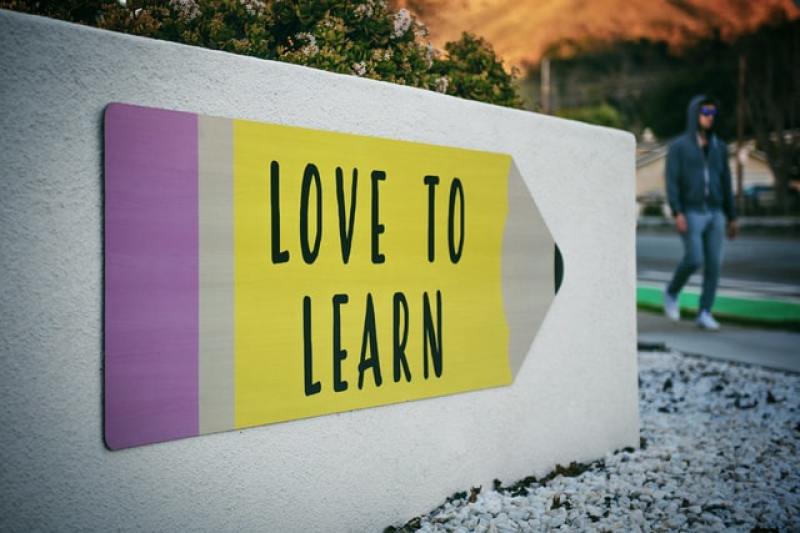
Since public schools had become a breeding ground for a mix of ideologies, it is the rightful decision of Christian parents to seek alternatives. But what happens when they are also deprived of this freedom?
The American Center for Law & Justice (ACLJ) continues to battle in court in defense of "school choice," a program that empowers parents to have their children educated in private institutions including religious schools. The catch is, public education funds would follow students to their or parent's school of choice
According to Walter M. Weber, Senior Counsel for ACLJ, school choice would give parents a "real leverage when opposing programs (e.g., explicit sex ed or anti-American civics) that their children might otherwise face."
"Letting parents choose their own program neutralizes the pressure from all sides to make the government schools the instrument of particular ideologies. If families can freely take their children elsewhere, public schools will have an incentive to teach what will attract students, rather than what they can get away with forcing on captive children," he reiterated from his op-ed in the Christian Post.
Weber summed ACLJ's efforts to bring "school choice" for review at the Supreme Court from representing a litigating party or as a friend-of-the-court to filing an amicus brief in support of parents. He also pointed out the legitimacy of the parents' appeal to qualify religious schools for federal funding.
"In our amicus brief in support of the petition for Supreme Court review, we hammer the blatantly discriminatory - and therefore unconstitutional - exclusion of otherwise eligible high schools just because they are religious," said Weber.
ACLJ's Chief Counsel Jay Sekulow also echoed this in his review of the program.
"Parents are paying into a state education system through their tax dollars but are being given no say in their child's education," he wrote.
Associate Justice Samuel Alito supported ACLJ's arguments while adding that the program will tremendously help "parents of modest means to do what more affluent parents can do: send their children to a school of their choice."
Why School Choice is a Win for All Taxpayers (Parents Included)
According to the Heritage Foundation, school choice had led to higher graduation rates particularly among students from low-income families. This is due to the tailored approaches provided by private institutions to suit each student's educational need.
Realistically speaking, this type of customization could not simply be provided in public schools. While it worked for some, the one size fits all approach had been a deterrent to several students' learning abilities.
The improvement in students' performance through school choice have also put a competitive pressure on local schools. In fact, a research found that there had been significant improvement of student performance from public schools in both Florida and Milwaukee following the launch of school choice.
Aside from raising the bar of education for American children, taxpayers will also benefit through school choice. Under the program, vouchers, tax credit scholarships, and educational savings accounts have produced at least $2 return. That's on top of the fact that these only "cost a fraction of what is spent in the public system," added the Heritage Foundation.


























